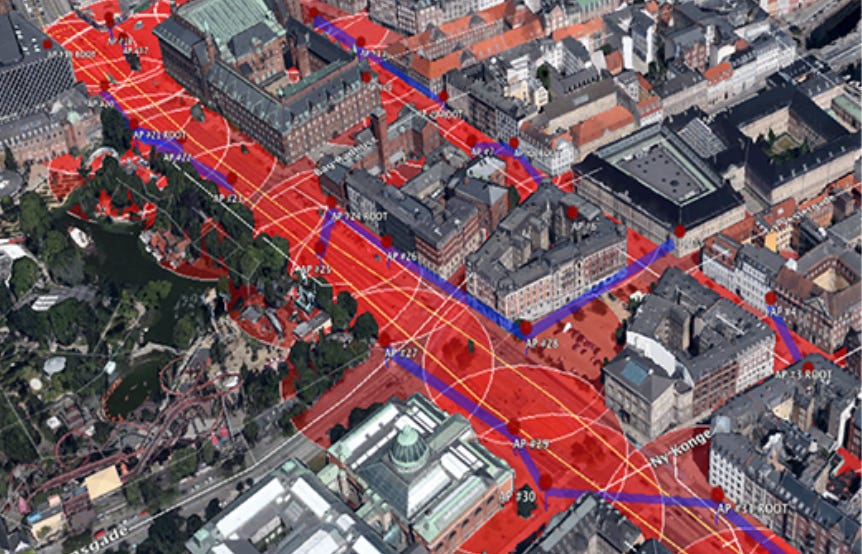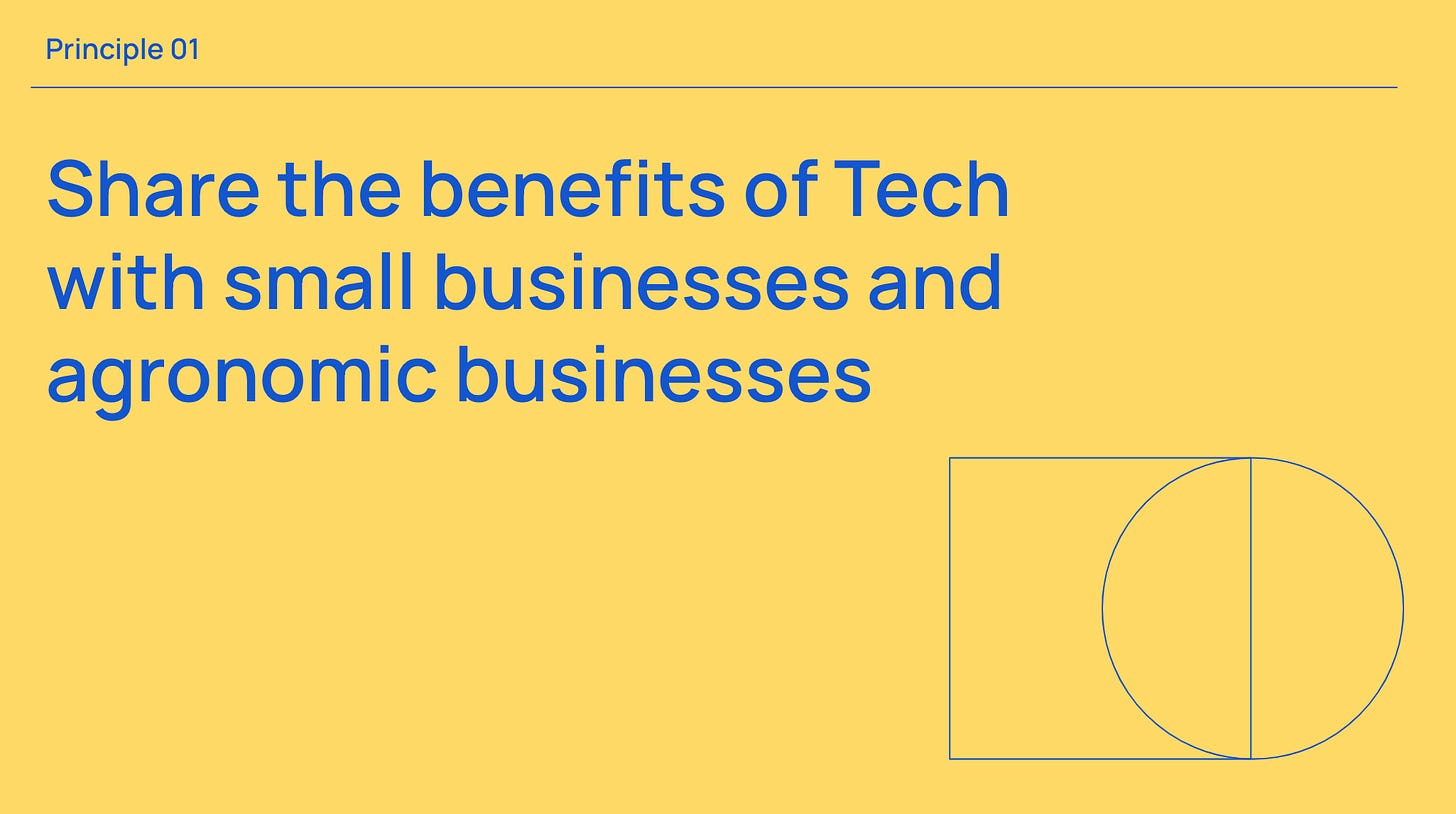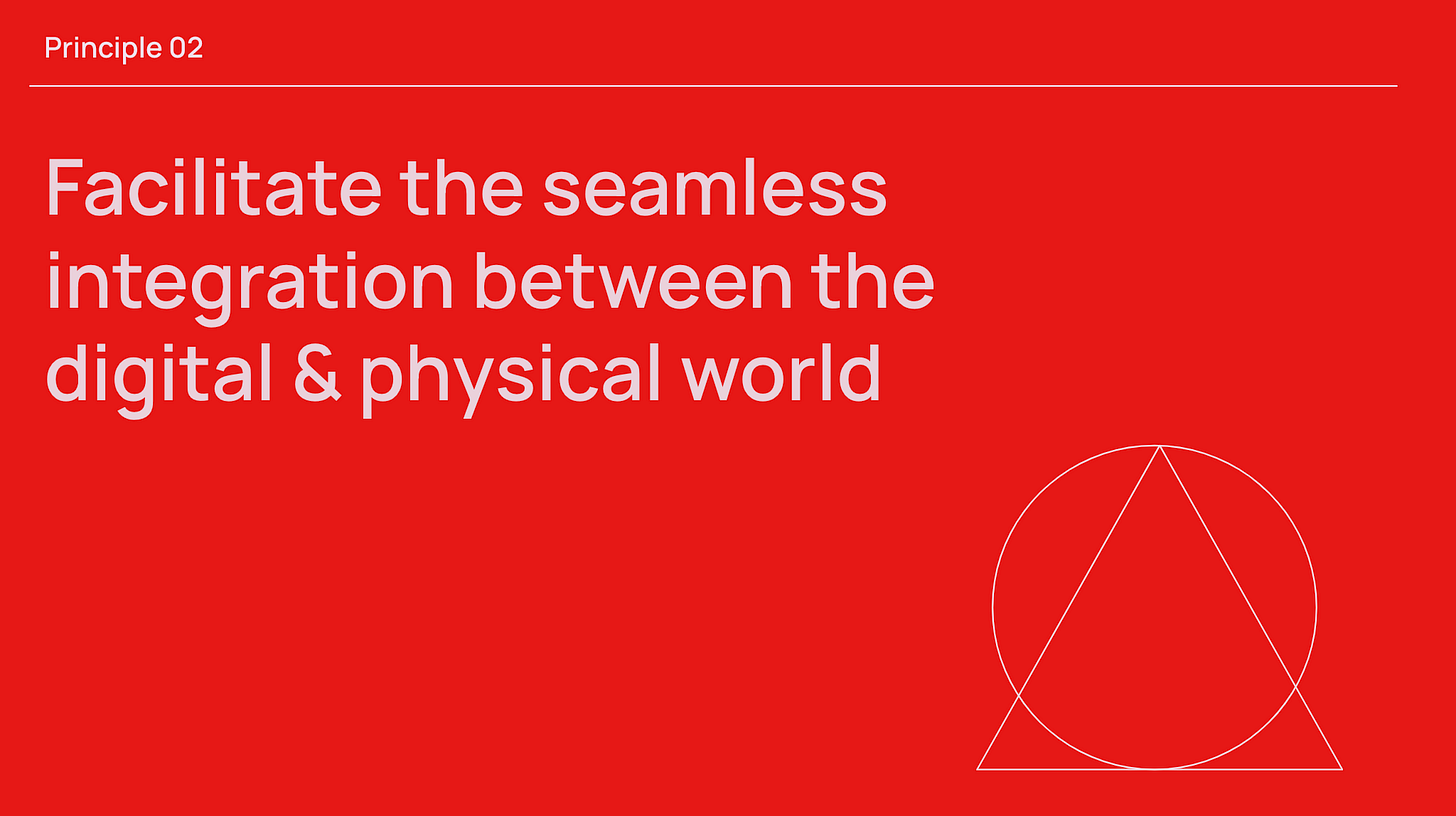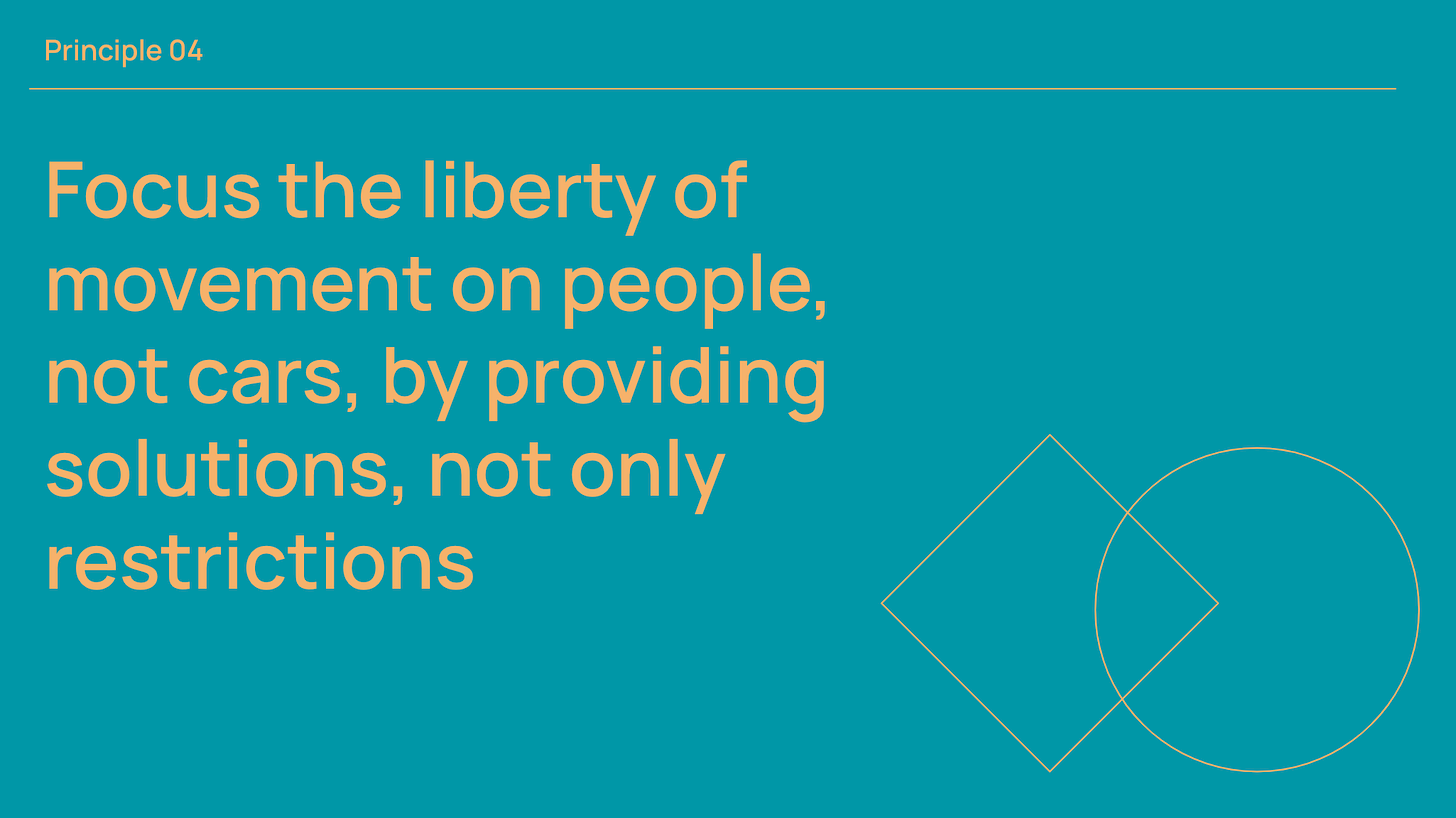This sprint’s taken 3 weeks instead of 2 because the topic is huge: Smart cities, or as they have evolved right now, Intelligent Cities.
What are them? How can we create one? What’s wrong and what’s right with them?
The analysis requires a mix of knowledges: anthropological, political, technological, environmental all linked together.
DISCLAIMER: This is just part 1: I can’t say when part 2 (and 3, 4, 5, …) will be released, but for sure this is just the beginning.
You will find some context concepts and then the first 4 principles we were able to solidify, each of them with their short term actionable opportunity.
These guys did a great job, given the huge amount of clients’ projects we are managing right now :) Thank you 🙏
In this sprint our aim is to advance a human centric use of technology for creating a Smart Padua. Working with the city administration has been an honor and a source of inspiration.
Its future competitive advantage will be sought in the synergy between digital technologies at the service of human-centered needs and vision, where digital innovation is at the core of an ubiquitous trusted-services-provider.
For your convenience, I’ll write here the 8 topics generally relevant to smart cities: Mobility, Healthcare, Security, Water, Energy, Engagement and Community, Economic Development and Housing, Waste.
Citizens interviews
We interviewed dozens of citizens to get to their real needs. Here are some insights:
83% of the citizens refer to GDO and big shopping mall for their needs, but 90% of them would be super happy to see the little local store growth and reborn
(just) 70% is able to get connected to internet every time they need
63% is looking for better ways to solve mobility restrictions (they agree with the restrictions, but they don’t find informations on how to solve the connected problems)
46% believe the city is working on solutions to move cars, not people
50% thinks the city does not offer ways to move everywhere without a car
Competitive Analysis - some facts
95% of Singapore homes have broadband
Dubai activated a monitoring system for bus drivers using artificial intelligence has greatly reduced traffic accidents caused by fatigue, according to the Road and Transit Authority - they also activated NEXT, a smart mobility self driving solution born in…Padua! (can you believe it?)
Oslo is in the middle of its mission to cut 95% of emission before 2030: > 2,000 charging stations for electric vehicles, whose owners do not have to pay sales tax and are entitled free parking, charging, and transport on ferries - just in Padua 500M€ are paid every year for pollution related costs
Copenhagen has a system that monitors traffic, air quality, waste management, energy use, and other items and compares operations in real time. Half of city residents bike to work. App developed from all of this data that guides bikes through city streets and tells them how fast they need to pedal to clear the next green light
Amsterdam everybody knows that bicycle is king here, but they also have build a car-sharing platforms to pair drivers and passengers, and autonomous vehicles shuttle drivers through five intersections between a subway station and an office park.
Barcelona has a hyper-connected zero emissions metropolitan zone with Bike Sharing
Uqido Intelligent City Manifesto - part 1
Principle #1
Recognizing small business diversity is as important as Eco-diversity.
An Intelligent City needs to Preserve & encourage small businesses and agronomic businesses by sharing the benefits of Technology.
The Distribution of small local businesses enables sustainable living by creating walkable cities with a highly effective cross pollination of ideas, economics, and maintain a culture hub.
As emerges from the interviews, of course almost everybody wants to preserve the little local businesses. BUT, there is a big problem, the image below will help us explain it:
All of the data (timetables, locations, products offered inside, call centers) of the spaces on the left are online & searchable, though the ones on the right are mostly not online and not discoverable.
Though the historic family businesses of the city center have ideal distribution they lack the online discoverability of their larger more international competitors located in the Sprawl zones outside city centers.
New businesses as well as historic small businesses need extra assistance creating a relevant presence online.
Principle #2
If digital solutions worked like human to human conversations, they would be a highly cross referenced need based solution search engine instead of a library. Stated more simply: start with the problem, connect it to the solution.
Organization websites are almost always huge lists of solutions hidden by categories, under the titles of offices, inside pages of sections. People need to know how to navigate a government structure in order to find a solution.
This is totally opposite the way humans think and interact in person.
How would that work in an Intelligent City? There would be access to live intelligence with Admin Services that start by finding solutions, and inventive network connections that enhance and scale both businesses and the personal lives of citizens.
It would be connected and give Open Access to live relevant data that is already translated into useful relevant information.
It would answer the question: “How can I do this RIGHT NOW?”
People asks themselves “How can I start a new business in Padua?”, “How can I move from USA to Padua“, “How should I register my new child?“ not knowing which offices, which procedures, or the paperwork involved.
How much could the City global reputation and the city GDP increase just by creating an open platform from this point of view?
Principle #3
Humans have tended to find each other around water sources that eventually became crossroads, then city centers with Piazzas. These constructs are where people gather, exchange ideas, and have random encounters. These random encounters give birth to trade, the evolution of cultures, businesses, & friendships.
Typical online presences are walled, highly segregated, private and lack the same dynamic as the Piazza. Even online dating is highly categorical giving access only to predetermined preferences.
This is considered the magic of Big Data collections run through AI as a service. In reality it is the doom for everyone online to discover over and over again what they already know within their geo-locked subscriptions.
An intelligent city should create the digital center and let people connect like in the physical world, with online efficiency, and make it work like the water source (Preserve Randomness) network.
Principle #4
Often cities recognize problems and create restrictions to solve them, collecting fines instead of redirecting what people need to different solutions.
The automotive industry has killed more people than have died in all the world wars together, has been combusting 8 million of barrels of oil every day, has been killing a million of wild animals per week (from deer to birds, frogs and opossums) plus 10.000 domestic pets, has being polluting with gasses and noises affecting health, sleep, concentration and intelligence, making the air of some cities unbreathable that children and the elderly cannot venture outside on certain days, caused spectacular increases in asthma, emphysema, heart disease and bronchial infections.
What about multi-species integration and urbanism? (2021 Venice Architecture Biennial, the theme posed by curator Sarkis is the increasingly relevant question, ‘How will we live together’)
All the solutions need to be re-thought from scratch, but in the meantime, restricted historic centers are one of them.
While historic centers are becoming ever more blissful with the absence of the endless intrusion of car flow, there is a suffering even for historic city center inhabitants who are locked in the castle like virgin princesses unable to invite outside friends to dine.
ZTL with no easy-work-around. We are left with, “You can’t come in.”
You might say: “ah, but you just have to go to the ZTL office and apply for...” Where is that? When are they open? What do I need to get that done? And if that moment is 7PM on Sunday? Even if you want to do that thinking about the next week, there is a maze to walk through.
What if there was a chatbot that took credit cards that with the correct credentials and permissions one could sweep inside, accomplish a task and be gone? Or rather, what if there was alternative parking and transportation provided at the ZTL barricades? What if it worked with Telepass like in Milan?
This is just an example to explain the whole principle: approaching the mobility topic, citizens need more dos than don’ts.
Intelligent Cities Challenge
Uqido is part of a group of 20 Companies and Organizations that will work on a 5 year European project to build a better, more sustainable city. If your company wants to have its impact in this project together let us know!
We hope you enjoyed the work, the team will be super happy to hear your feedbacks. Let us know what’s your opinion about this topic or this post.












